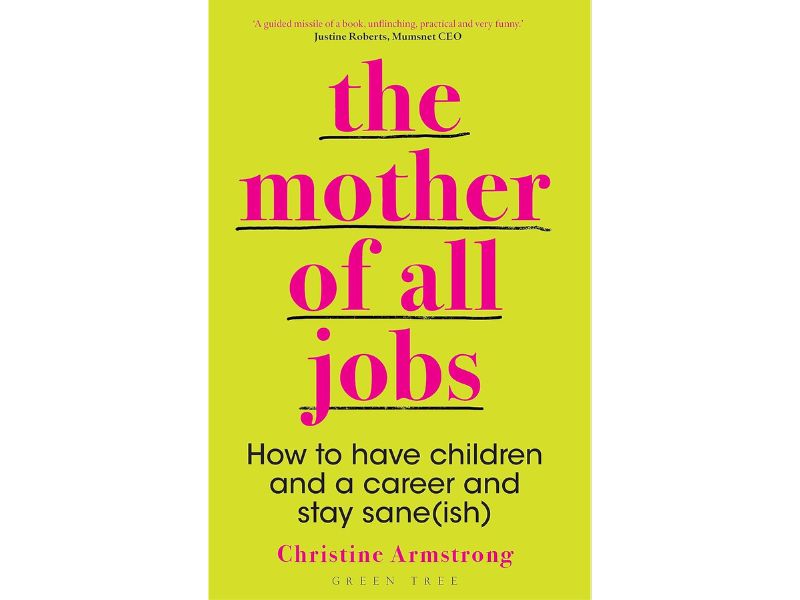Since being involved in financial services, a few things have surprised me – namely the lack of women entering degree programs in banking and finance; and also the barriers some women report facing in progressing in their career.
So, as a woman, why should you consider a career in financial services?
Many women are put off the idea of a career in the sector because they think you have to be good at maths. That’s just not true. Of course numbers are at the heart of finance, but most roles don’t require you to be good at maths or to have a maths degree.
There are lots of different sectors and job roles, so lots of opportunity. As well as retail banking, insurance and pensions, other sectors include business banking, investment banking, investment management, life assurance and regulated financial advice. And within those sectors there are a range of roles.
For example, if you enjoy problem solving a career in trading may be right for you. Perhaps you like computers and gadgets? IT may be a good fit. And if you’re outgoing and enjoy talking to people, there are lots of different roles – such as in sales, customer services, law or human resources.
So now you know you don’t need a maths degree – do you need a degree at all?
There are some very good banking and finance degrees, at both under graduate and post graduate level, which are a fantastic foundation for a career in the sector or to move your career on. My organisation provides a number of excellent choices! But going to university is not the only option.
Whilst there are graduate schemes, many successful financial services professionals join straight from school or move into financial services from another sector. If you take this route, you train as you work and could then take professional qualifications if relevant in your chosen career.
Also finance sector organisations now increasingly offer degree level apprenticeships, open to all ages and at different career stages. These apprenticeships combine working with studying for a degree, sponsored by the company. We’re working with Barclays Bank, for example, on some of their degree level apprenticeships.
So once you’re in, how do you get on?
As with most careers, the more experience you gain the more responsibility you can expect. That can lead to promotion, a higher salary and the chance to further develop your expertise. I’d recommend taking advantage of training and studying opportunities throughout your career. The cost is usually covered by your employer, including for professional qualifications. There are also softer skills you can develop to help you move up the career ladder – but more on that next time.
The finance sector is a dynamic and exciting place to work. It provides fantastic opportunities for women in a wide range of careers, so it’s definitely worth exploring further.
Getting started
Degrees – search for degrees in banking and finance at under graduate or post graduate level. The London Institute of Banking & Finance has its own university campus in the heart of London and was rated 5th overall in last year’s National Student Survey.
Apprenticeships – search for apprenticeship opportunities and submit an application. You can search for these on the government’s website and on job boards.
Work experience and internships – search for internship opportunities on jobs boards and company websites. Or you can approach a company that you think you’d like to work for direct.
Apply for a role – whether you’re looking for work straight from school or want to move into financial services from another sector, there are plenty of jobs on offer. There are some fantastic opportunities in the jobs section of this site!
Take a professional qualification – for some careers you need to get a professional qualification before you can work in that role. For example if you wanted to work as a mortgage adviser you would need to take a qualification such as the Certificate in Mortgage Advice and Practice (CeMAP). If you apply for a role with a company, they will often cover the cost of these qualifications.
Developing your career – as your career develops you can study for professional qualifications in all kinds of subjects, including banking ethics, trade finance, investment management, risk, customer relations and financial advice. Or you could consider doing a Masters in banking and finance.
About the author
Hema Tank is Associate Dean at The London Institute of Banking & Finance, a registered charity and leading provider of financial education. It’s a specialist university college providing undergraduate and postgraduate degrees in banking and finance; and an awarding body for professional qualifications in the sector.









